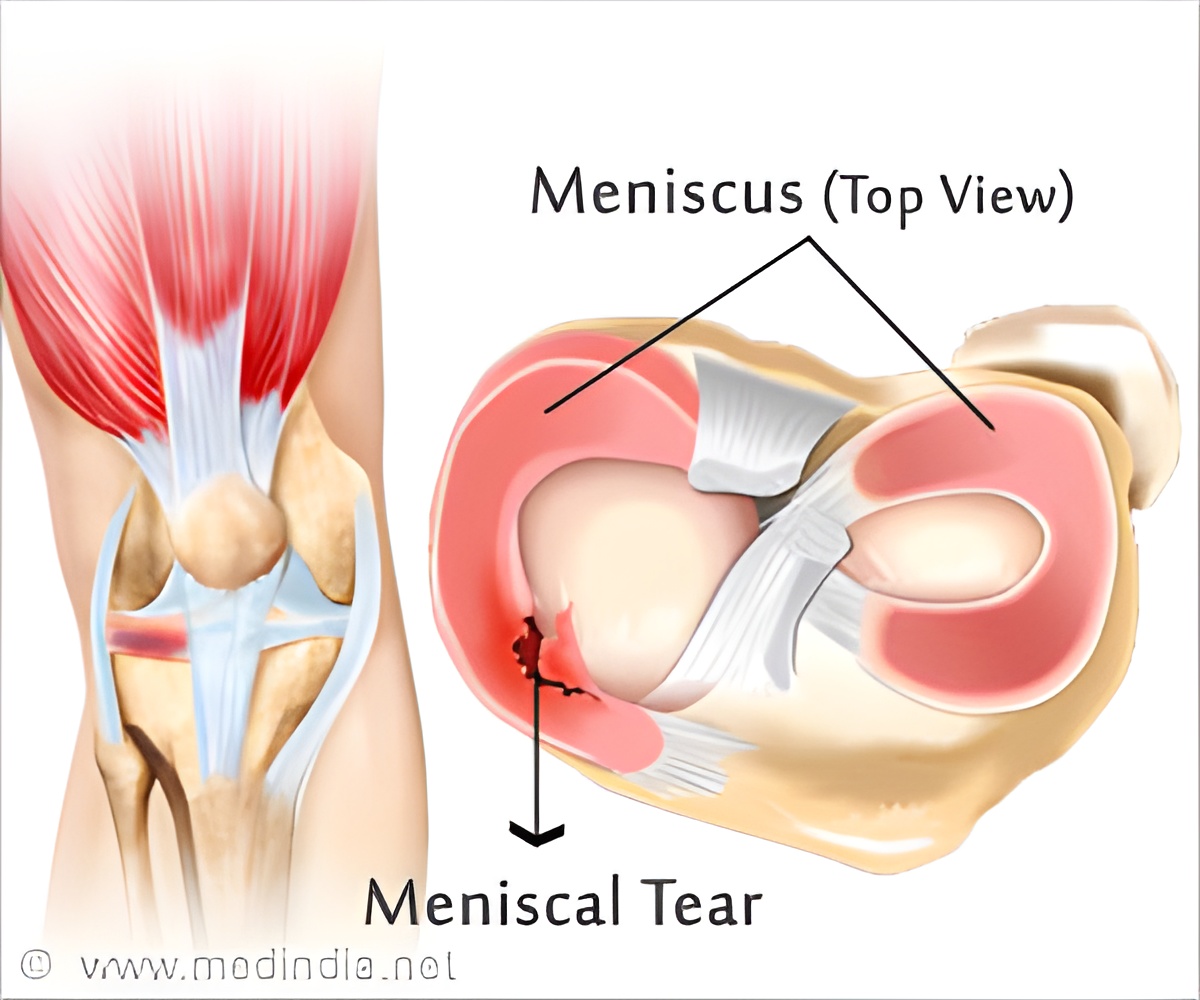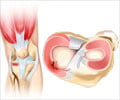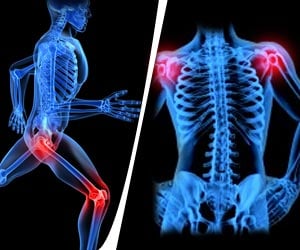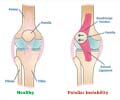Among girls and women, social factors, not just the biological factors are the key in increased knee injuries, say the authors of a new paper in the British Journal of Sports Medicine (BJSM).

‘Girls and women are said to be between three to six times more likely to suffer an anterior cruciate ligament (ACL) injury, where one of the key ligaments that helps to stabilise the knee joint is damaged.
’





The difference in injury rates for men and women has not changed for two decades, but, say the authors, this might be partly due to how injury prevention and management has been approached to date. Writing in the BJSM they argue that much of the focus still centres on biological and hormonal factors, with little attention paid to how sex-based factors are affected by gender and might influence each other. They suggest that gendered experiences matter in shaping girls' and women's participation in sport as well as disparities in injury outcomes. They demonstrate how this could play out across the lifecourse with gendered expectations of physical abilities (e.g. 'throw like a girl'), to inequitable access to funding, training, and facilities for women's sport (e.g. disparities in access to weight training).
Finally, they suggest there may be a difference between post-injury rehabilitation for men and women recovering from an ACL injury. They say that these social and environmental factors play a much bigger role in how sports injuries occur than once thought, and urge that much more attention be given to these topics.
Dr Sheree Bekker from the Department for Health at the University of Bath (UK) explains: "We wanted to unpack the biases and assumptions that we were seeing in research into and practice around sports injuries in girls and women.
Specifically, we wanted to challenge the increasingly pervasive idea that this is simply a problem for girls/women because they are inherently prone to injury just because of their female biology. Approaching ACL injury prevention and management from a strictly biological view can propagate sexism in sport with detrimental consequences for girls and women."
Advertisement
The NCAA represents the National Collegiate Athletic Association - a non-profit that regulates student athletes from over 1,000 North American institutions whilst also organising athletic programmes reaching nearly 500,000 college student-athletes.
Advertisement
Source-Eurekalert











